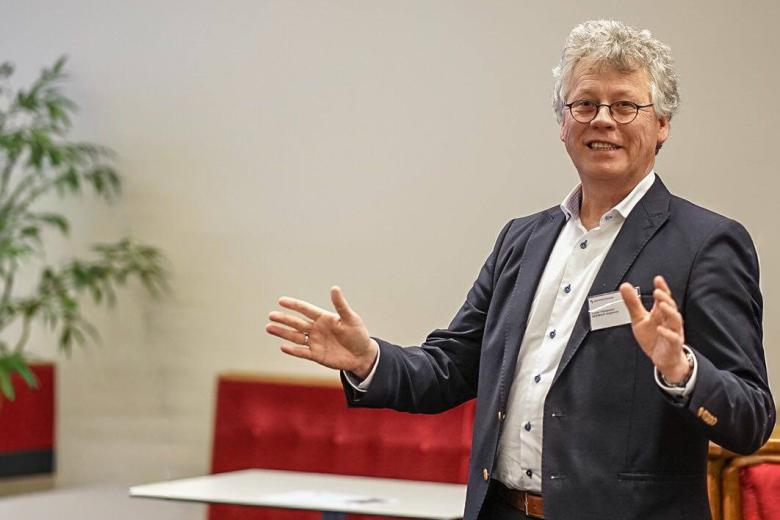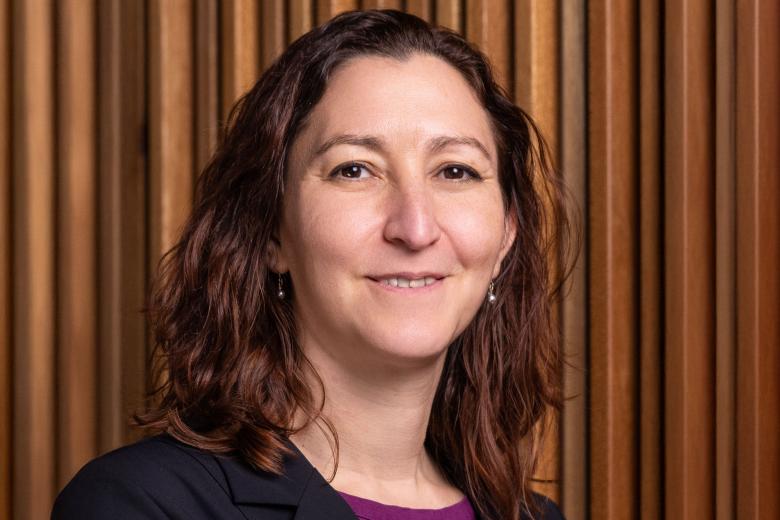MaaSec – The Netherlands' Only Active ACM Student Chapter captures the flag
In January, a group of Computer Science students at Maastricht University launched MaaSec, currently the only active ACM student chapter in the Netherlands. And in just a few months, they've already made a name for themselves; especially in the world of Capture the Flag (CTF) competitions.
“I was honestly surprised to learn that the Netherlands didn’t have an active student chapter of the ACM,” says Andrei Vişoiu, a second-year Computer Science student and one of the founders of MaaSec. “There was one back in 2018, but it’s no longer running. So, we decided to bring it back, to Maastricht this time.”
The ACM (Association for Computing Machinery) is the world’s largest educational and scientific computing society. For Andrei, it was the educational aspect that really stood out: “We want to help our members build skills and connect with experts worldwide.” Within MaaSec, the students focus on cybersecurity.
Climbing the CTF Ranks
Learning at MaaSec is all about getting your hands dirty. “We compete in Capture the Flag events, where you score points by finding software vulnerabilities under time pressure,” Andrei explains. “At a recent competition, we outperformed all the other Dutch teams. Nationally, we’re currently in third place.”
More Than Just Code
But it’s not all competitions. “We want to give our members as many opportunities as possible, not just in cybersecurity or computer science, but also in areas like entrepreneurship,” says Andrei. MaaSec has grown quickly to about 70 members and is already collaborating with the Centre for Entrepreneurship and Innovation at Maastricht University. There’s also been some exciting early contact with the Brightlands Startup League. “We don’t have a formal partnership at this stage,” Andrei clarifies, “but we were introduced during the Brightlands Startup Challenge, where we offered free cybersecurity services. It’s a great way for students to work on real-world problems while the organisation gets more secure systems in return.”
Although MaaSec was started by Computer Science students, it’s open to anyone at Maastricht University who’s interested in computing.

Also read
-
New master in Responsible Data Science: for ethical and sustainable AI developments.
As of September 2026, the new Responsible Data Science master’s programme at Maastricht University prepares students to become professionals who deploy artificial intelligence and other digital technologies with respect for both people and the planet.
-
UM Medallion of Honour and named award mark the valedictory lecture of education innovator Frank Thuijsman
The UM Medallion of Honour and the first FSE Frank Thuijsman Award; Maastricht University ensured that Frank Thuijsman did not depart quietly into retirement. Thuijsman is the founding father of KE@Work and was involved in the beginning of English-language instruction and project based education.
-
Nava Tintarev takes a leading role in national computer science platforms
As of January 2026, Nava Tintarev, Professor of Explainable AI at Maastricht University’s Department of Advanced Computing Sciences (DACS), will join the boards of two of the Netherlands’ most prestigious computer science platforms.